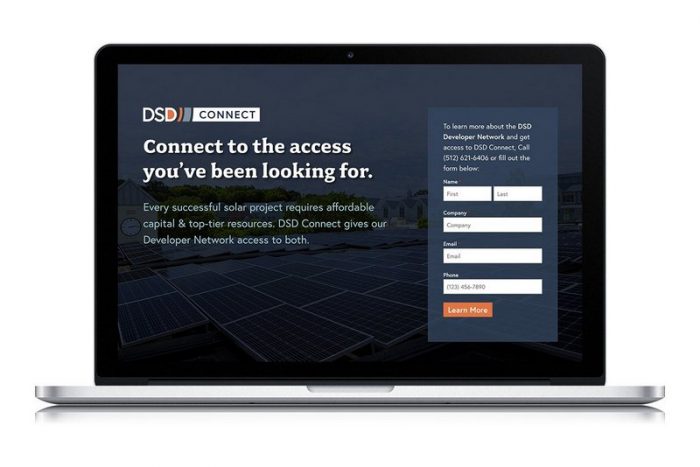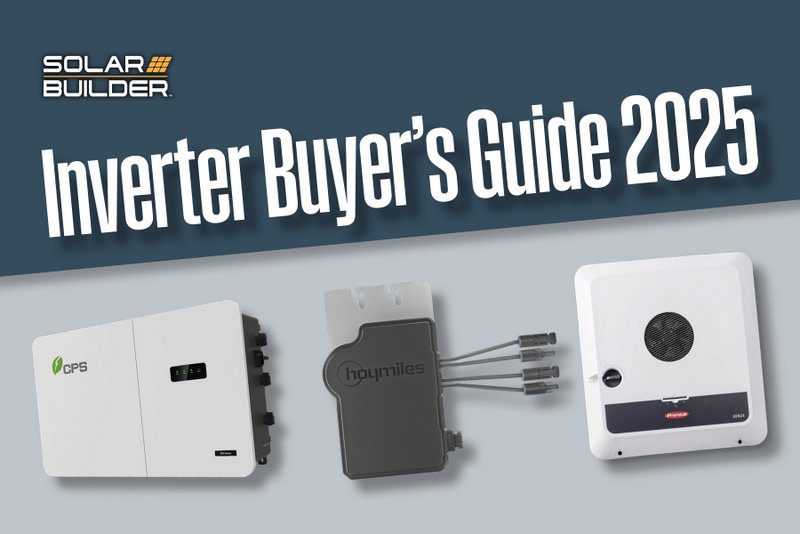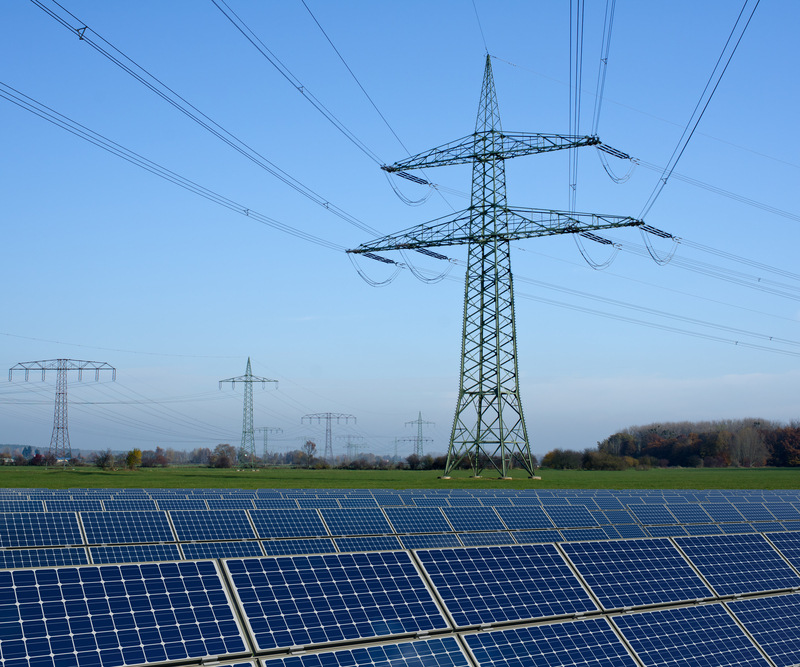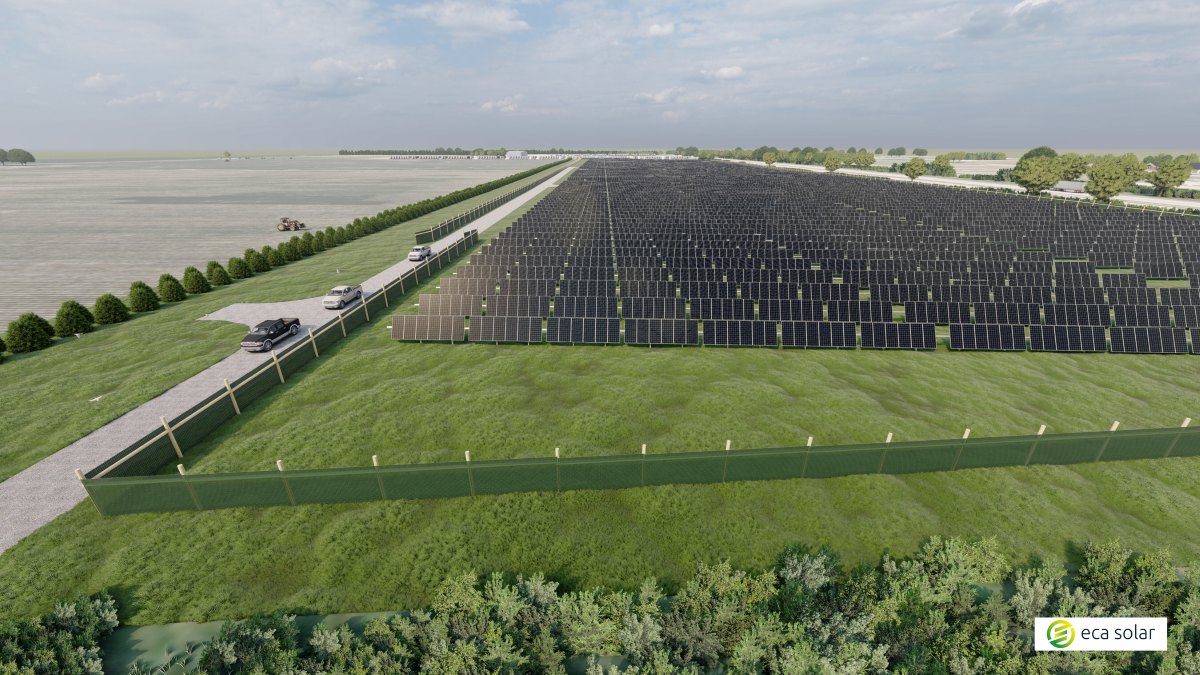Commercial Connect: How DSD is partnering with small developers to grow C&I solar

Commercial and industrial (C&I) solar is an onerous business to get into. Financing is difficult to wrangle. Local policies are never a certainty for long and permitting and interconnection queues can drag things out, sinking deals and whole companies along with them. Thriving in C&I often requires deep pockets, patience and solid partnerships.
Distributed Solar Development (DSD) is one firm that has thrived in this space, handling everything from origination and development through installation and operation. They’ll work with national companies like Home Depot from day one to deploy PV systems, or they might jump in down the road to acquire projects to operate and own.
“In residential, there’s been enormous growth because of standardization in financing,” says Cameron Bard, senior director of market development. “Those same efficiencies aren’t properly harnessed in C&I. There’s also a lot of one-off transactions. You just don’t see as many dedicated, sustainable working relationships.”
DSD wants to change that by launching and building out its Developer Network. By leveraging its owner-operator expertise and financial backing from BlackRock, DSD will connect to this network of smaller regional developers via a portal, DSD Connect, to provide the tools, resources and financing needed to put more projects in the ground.
“It’s less a philosophy shift and more a new channel of business for us,” Bard says. “We are looking to enable and empower our development partners to better serve their customers by providing access to best-in-class capital, top tier resources and our appetite for owning assets long term.”
Local municipalities, for example, need diversified options for hosting solar projects like PPAs or specialty payments, not just purchase options. Often, developers don’t have access to low-cost capital or long-term ownership capability to provide those.
“That’s where we can pair our strength with theirs. They know how to build great projects and service customers, and we can empower them in new ways,” Bard says, seeing it as a symbiotic relationship — DSD provides valuable tools to partners in the Developer Network (like immediate pricing), and in turn those partners serve as DSD’s eyes and ears in local communities to identify and develop more projects that previously might have been beyond their capabilities.
“We want our partners to win more deals,” Bard says. “We want to create processes that are easily replicable and center our partners at the heart of the broader experience. They can achieve faster project milestones and complete projects on time and on budget, while providing better customer service.”
The DSD Connect portal will include standard documents to reduce customer back and forth, and it will connect developers to real-time pricing. This can cut the front-end process of creating and sharing proposal options by 90 percent.
“Just that can turn days and weeks of a deal into seconds,” Bard emphasizes. “It’s also a demonstration of our commitment to transparency. We want to be clear about the needs we have as a business but also the opportunities the developers have to grow their own businesses too.”
On the developer side, DSD is looking for a solid record of building projects on time and on budget as well as an interest in creating a longer-term relationship.
“Within our framework, we’re providing clear guidelines of our expectations, like an approved vendor list and certain quality standards,” Bard notes. “By proactively sharing that upfront, we hope for an open environment where our authorized developers are confident that what they are proposing meets those guidelines and then in turn we can help streamline these processes. In order to achieve scale, we have to have some level of standardization and stability. If every project is a one off, it’s going to work against that goal of efficiency and ability to achieve scale.”





Comments are closed here.